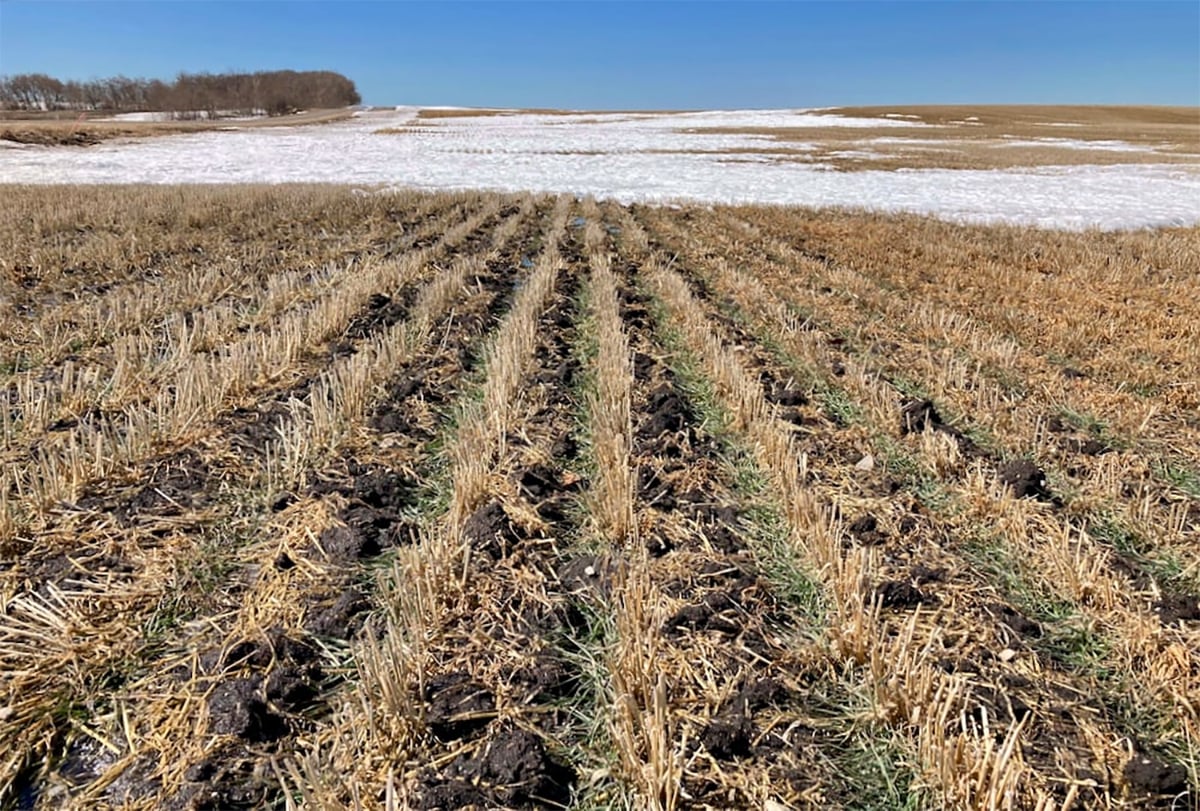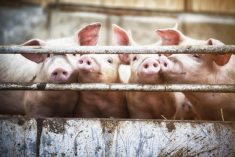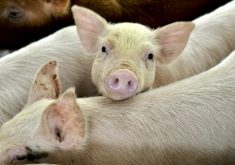Reuters – An outbreak of foot and mouth disease in Indonesia disrupted a ritual of slaughtering animals to mark the festival of Eid al-Adha this year, with livestock traders in the world’s largest Muslim-majority nation bemoaning low sales.
Eid Al-Adha, known as the Festival of Sacrifice, is one of the main holidays in the Islamic calendar and this year fell on July 9.
In the lead up to celebrations, makeshift pens housing cows and goats typically appear around busy thoroughfares in the Indonesian capital and around the country. Traditionally, devout Muslims slaughter the animals and share the meat with the poor.
Read Also

Winterkill threat minimal for Northern Hemisphere crops
The recent cold snap in North America has raised the possibility of winterkill damage in the U.S. Hard Red Winter and Soft Red Winter growing regions.
But this year the spread of foot and mouth disease (FMD), a contagious viral disease that impacts cattle, sheep, goats and pigs, significantly dampened sales.
“This year is a year of loss for us,” said Jamal Lulay, a trader in West Java who has only sold 50 cows this year.
“Before COVID, we could sell up to 330 cows, and during COVID it was around 170… This year sales have dropped drastically.”
Indonesia launched a nationwide livestock vaccination program in an attempt curb the outbreak that began in May.
More than 317,000 animals have been infected in 21 Indonesian provinces, largely on the most populated islands of Java and Sumatra, with more than 3,400 animals culled, according to government data.
While the disease can be lethal for animals, it is not generally considered a threat to human health.














